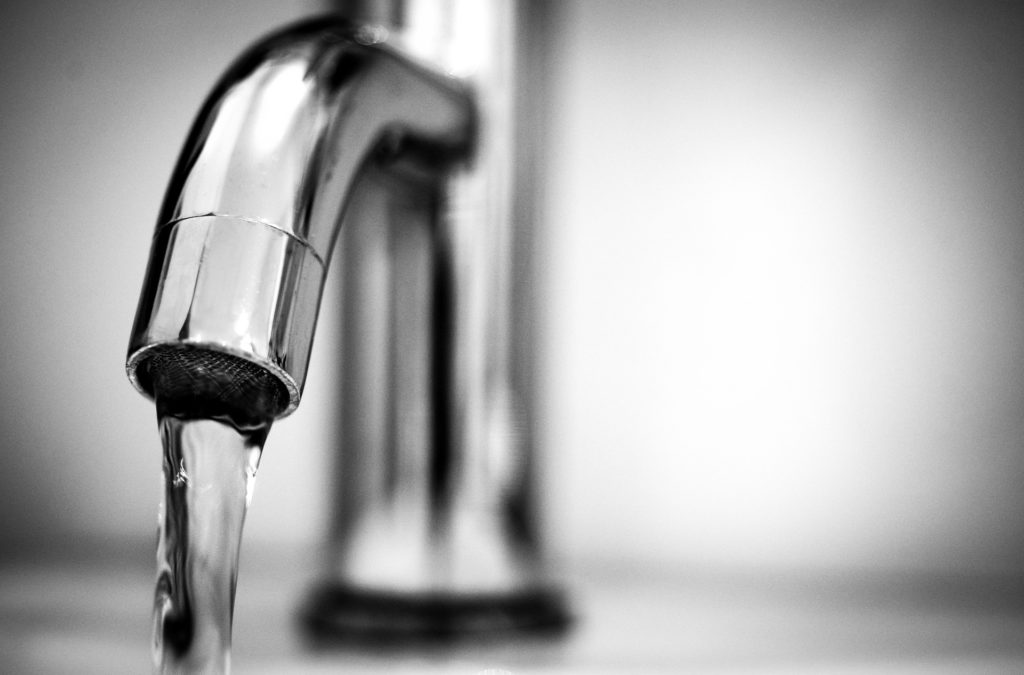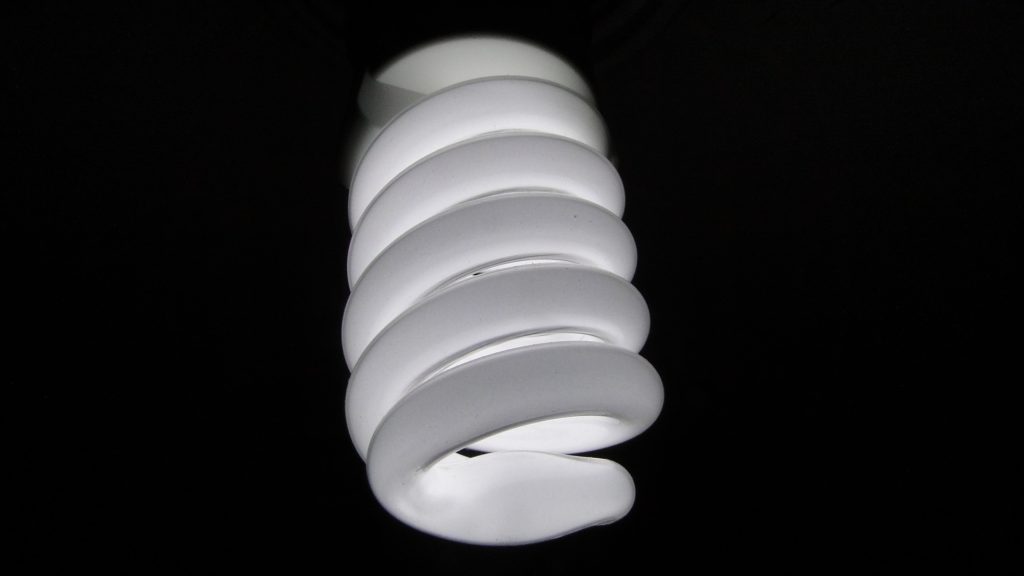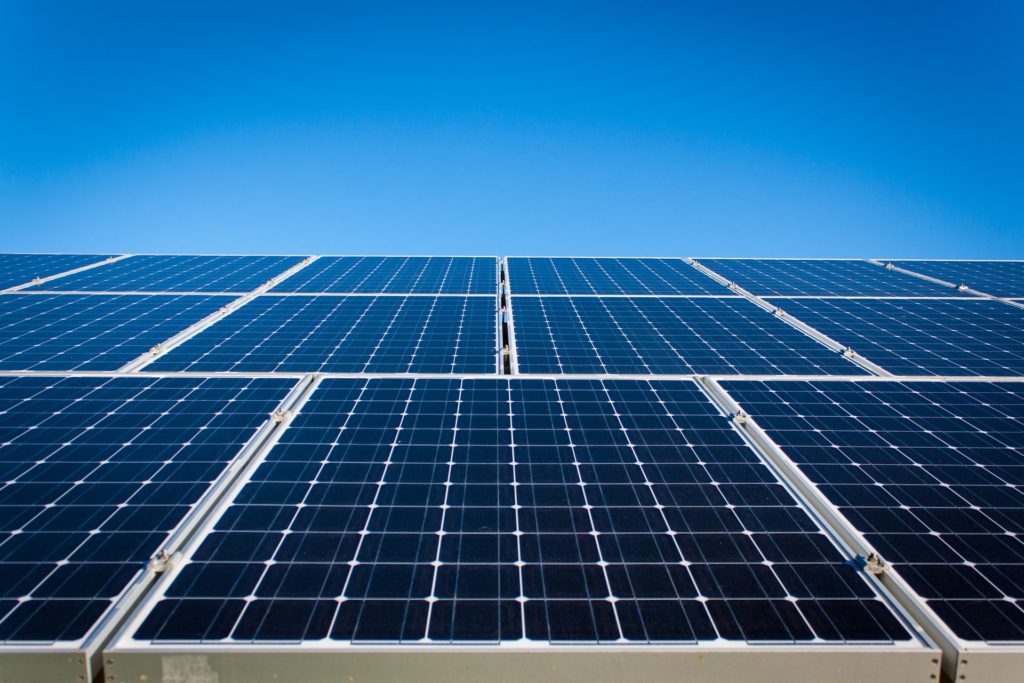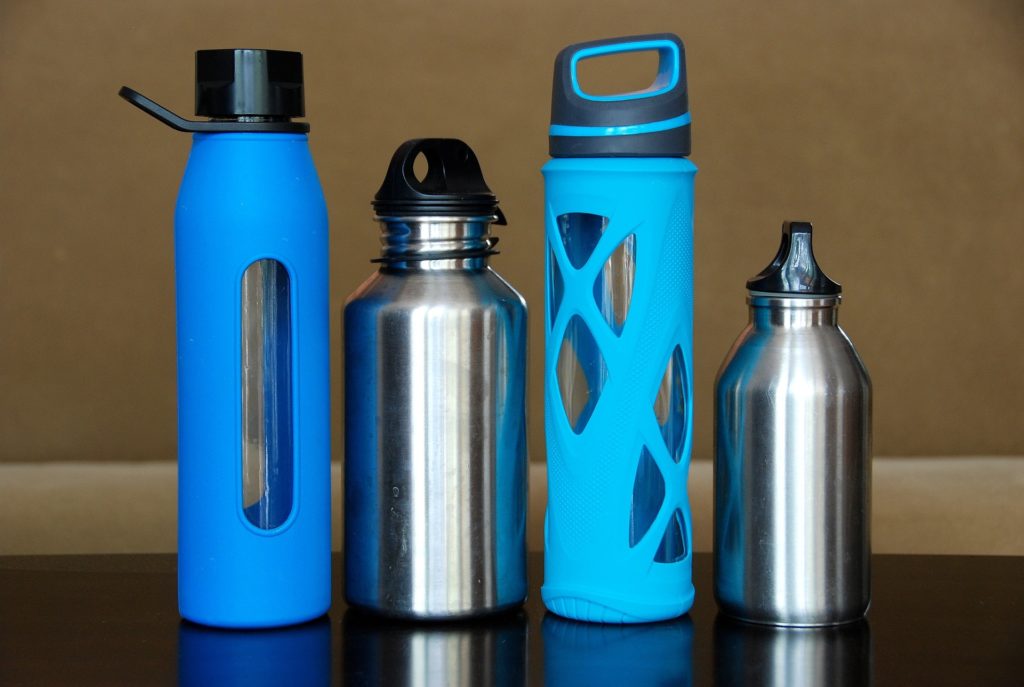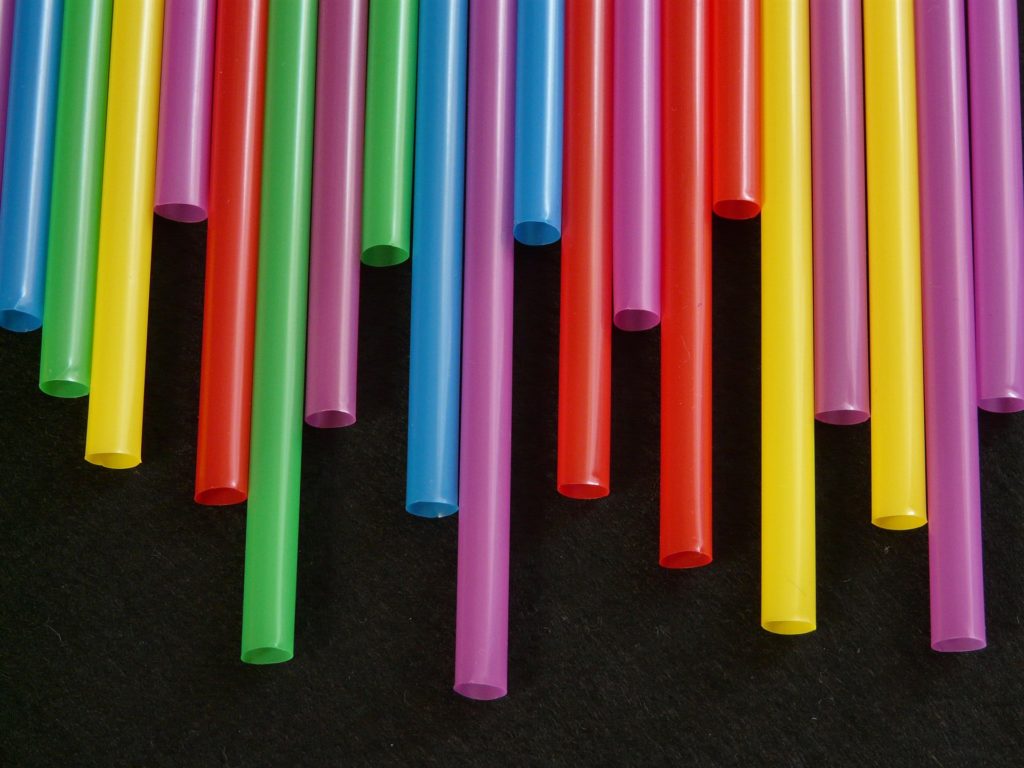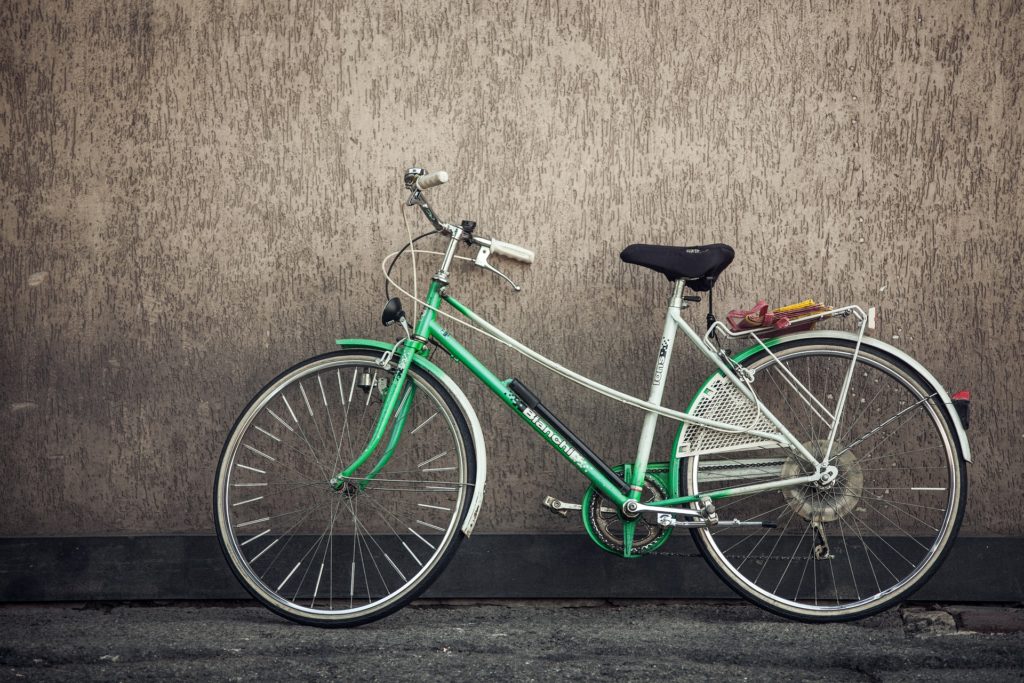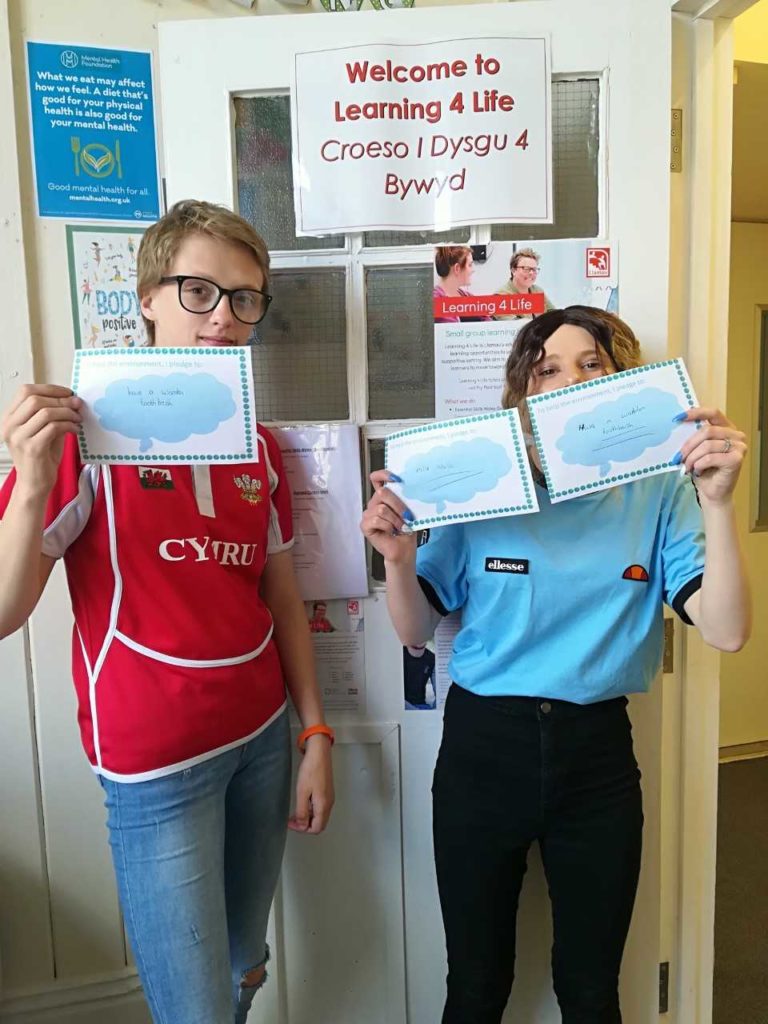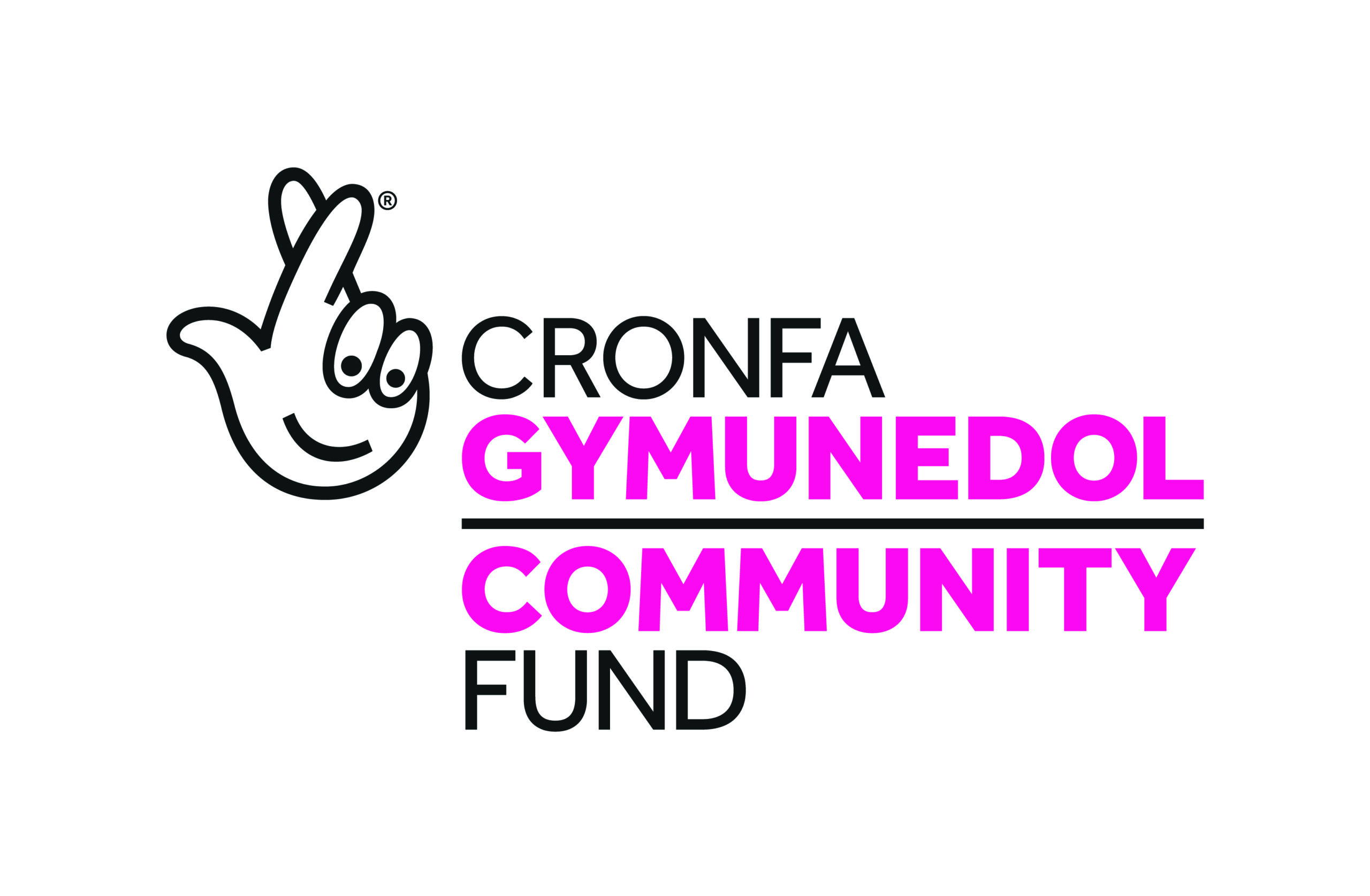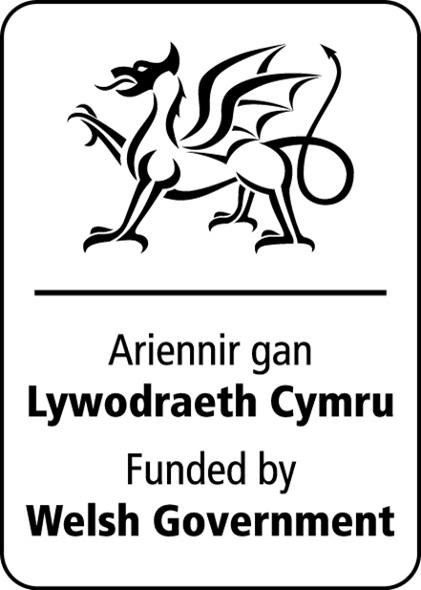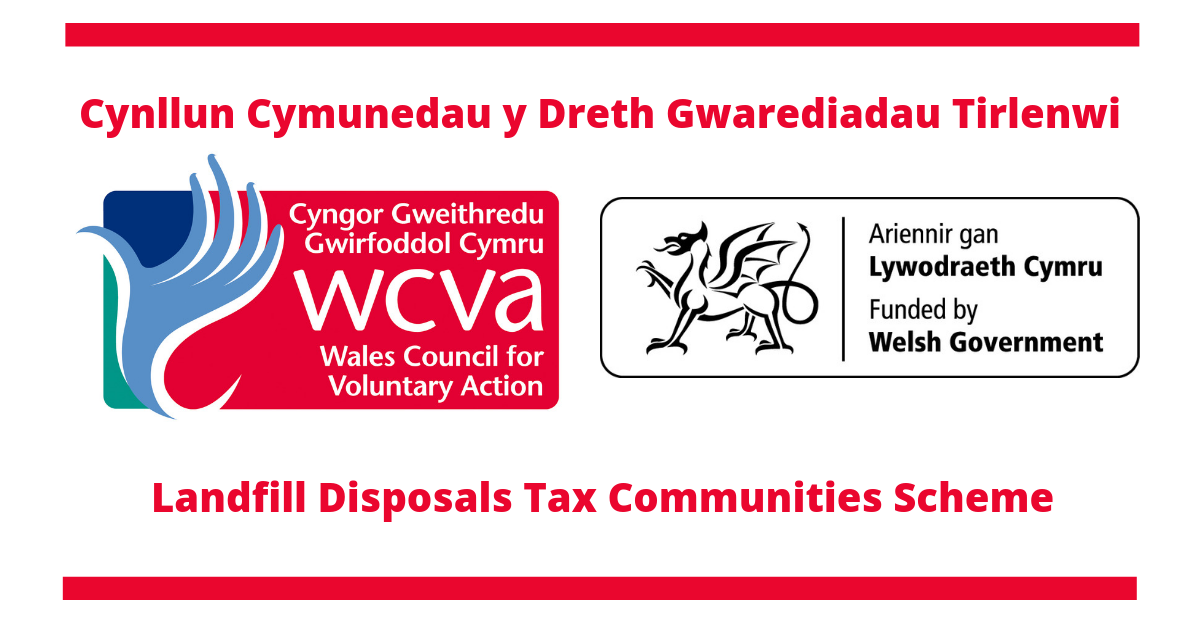Easy Ways To Cut Carbon For The Environment
Comments Off on Easy Ways To Cut Carbon For The EnvironmentThis article was written by Thomas Morris during a recent workshop held at the EVI. Community members volunteered themselves to create content focusing on environmental issues. During these video and blogging workshops they were taught the skills to create their own online content. This was all made possible with funding from the Landfill Disposals Tax Communities Scheme. Check out the related articles at the bottom of the page.
It’s tempting to think that it’s someone else’s problem to fix our totally screwed environment. But we all have a responsibility to show the powers-that-be that we care about our planet and the human race’s future existence. I’m going to show you some easy ways to cut carbon in your daily life.
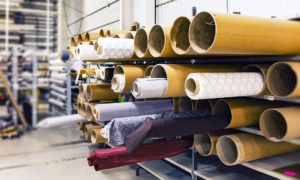
Make it your outfit of the day, every day
Apparently some people only wear an outfit once! Considering the massive amount of energy and resources used by the textile industry, this is a terrible idea! Think about how much money you waste by only using something once. Re-wear all your clothes. Look stylish every day and send a message to fast fashion – this has to stop!
Move greener
There are many ways to make your day-to-day travel green. The great thing about greenifying your transport is that it improves the local environment as well as the global. However, this may require some legwork (ha!) in terms of the politics.
- – Use you car less by using alternative methods of transport when you travel alone
- – When thinking about moving house, consider the public transport and active transport potential of your location. Let housing developers know that you won’t buy a house if it’s not near a railway station
- – Write to railway companies to ask for more and better bicycle parking at railway stations
- – Instead of buying a second car, consider an electric bike
- – Educate your friends eg. did you know that hybrid cars are not as environmentally friendly as advertisers would like you to think? Many are worse polluters than petrol cars. (but not diesel)
- – Instead of buying your own car, consider joining a car sharing club for the times when you need a car
- – Ask the Government to subsidise active and public travel more than they currently subsidise private car travel through cheap fuel, free parking etc.
- – Work to make streets and towns liveable and walkable – if our hometowns are utopian, we’ll want to go on holidays less and therefore fly less

Switch to a green energy tariff
Whilst all energy on the National Grid is mixed together (they don’t know whether it comes from coal or wind power) you can choose to pay your bills to an energy company that only puts electricity into the grid from sustainable sources.
Change to LED and double-glazing
But not if you already replaced your lights and windows recently. This will save money. This is what the EVI has been doing with funding from the Landfill Disposals Tax Communities Scheme.
Take a staycation
Commit yourself to one return flight a year if you can help it. There are probably plenty of places in the UK that you have never visited. Consider a multimodal bike-on-a-train trip for yourself or pack up a car with your whole family and head somewhere new.
You’ll not be contributing to the erosion of famous places like Venice by tourism, and you’ll be contributing your hard earned pounds to British local economies that are often suffering.
Divest and boycott fossil fuel
Don’t put money in banks that invest in oil. Ask your school, company etc. to take stocks out of oil. Check what your pension is invested in.
Prepare when shopping
If you’re trying to reduce your plastic waste, you need to be prepared when you go shopping. Bring boxes and jars to the shop with you, this way you can buy things loose but keep them clean. You might spend less also by only buying what you came for.
In order to further reduce car journeys you could consider cycling to the shop or ordering online. Businesses can even consider getting money off a cargo bike through the Energy Saving Trust.
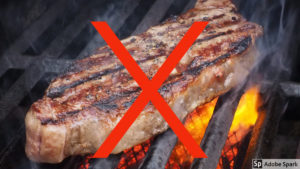
Eat local and eat less meat
Beef in particular is known as a big producer of greenhouse gases. Cutting down on meat such as beef, lamb and pork is a great way to reduce your carbon footprint.
However, even a vegan diet can end up costing the Earth if it’s all fresh produce being flown in from overseas. Look for food which is grown in Britain or at least Europe- this may mean adopting a more seasonal diet.
Teach people how to recycle better
Help the people around you to do better when it comes to recycling. If you know them well and they trust you then you’ll know how to get on their good side!
Leave your lawnmower to rust
Improve local biodiversity by growing your garden wilder- don’t mow or use grass. Here’s why:
- – Obviously most mowers run on petrol or electricity, so that’s less fossil fuel being used
- – You’ll be contributing to local biodiversity. In modern cities, bees, butterflies and many other insects will be looking for a place to nest. Your garden of delights – rather than a boring patch of cut grass – provides them with a handy home
- – Letting your garden grow wild not only helps the planet but also functions as a local carbon sink
- – Plant wildflowers using seed bombs and have a small pool – perhaps you could use an old tyre and tarpaulin to create a wet area for bugs. We did this at the EVI in our bugs and flower bomb workshop.
So there you go, hopefully some of the tips above will help you to cut your carbon use and do your bit to help the environment. Just one person cutting their carbon use might not make much difference, but if we all decide to make these small changes then it can make a huge difference.






